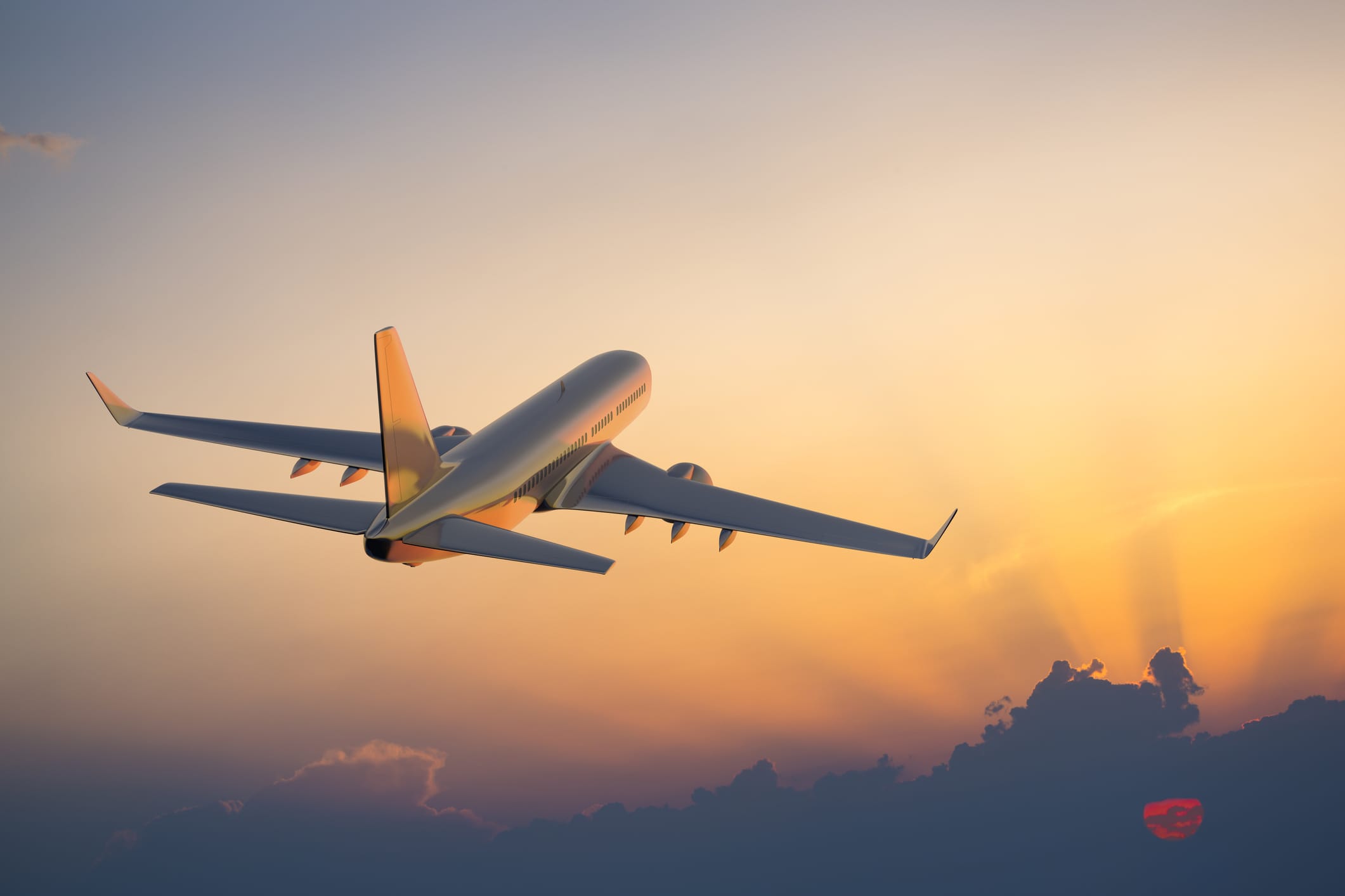The COVID-19 crisis wreaked havoc on global and national supply chains, financial markets, livelihoods, and the economy. If the shock of 2020 has taught us anything, it’s that our complex and globalized world needs drastically higher levels of redundancy and resiliency embedded into our institutions, professions, and personal lives alike.
The need for resilience doesn’t stop with COVID; for as much as our interconnected world was tested — and continues to be tested — by the deadly pandemic, a much larger crisis awaits us. Climate change, according to Harvard Business School’s Rebecca Henderson through her book Reimagining Capitalism, requires industry leaders to embrace a new vision of business. And as we’ve seen with COVID-19, no sector is more integrated in our lives whilst simultaneously prone to collapse from complex crises, than that of aviation and airlines.
Thinking back to sweltering summers when daytime temperatures are too hot, we realize our tendency is to push some of our outdoor activities off until the evening, when more comfortable conditions provide some respite from the heat and humidity. This natural human behavior will soon have to be replicated in aviation; airlines may have to start moving toward weather-centric operations in the coming years as a continued increase in global temperatures could be the catalyst for a new category of complications related to air transportation scheduling, operations, and efficiency.
In recent years, there has been a rise in flight cancellations due to extreme air temperatures: multiple flights in Phoenix were grounded in 2017 as the runway tarmac melted due to extreme heat, while in 2019 thousands of flights were canceled in and out of Chicago due to extreme cold. Worryingly, this trend is likely to continue.
For the aviation sector, the solution could well lie in the problem itself: weather. A fresh and innovative look at weather and climate data can provide a new lens through which to view potential solutions.
Read this article in full at Geospatial World.
Michael Ferrari is a senior fellow at Wharton Customer Analytics and managing partner at Atlas Research Innovations.
Sinead O’Sullivan is a network partner at Atlas Research Innovations and a research fellow at the MIT Sloan School of Management.


























